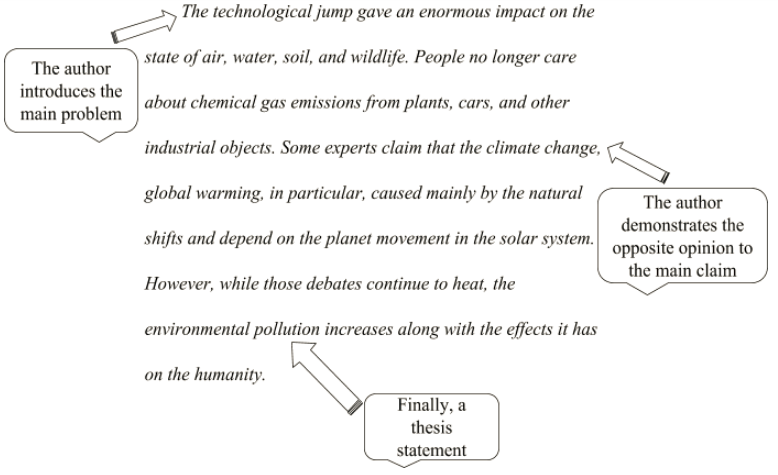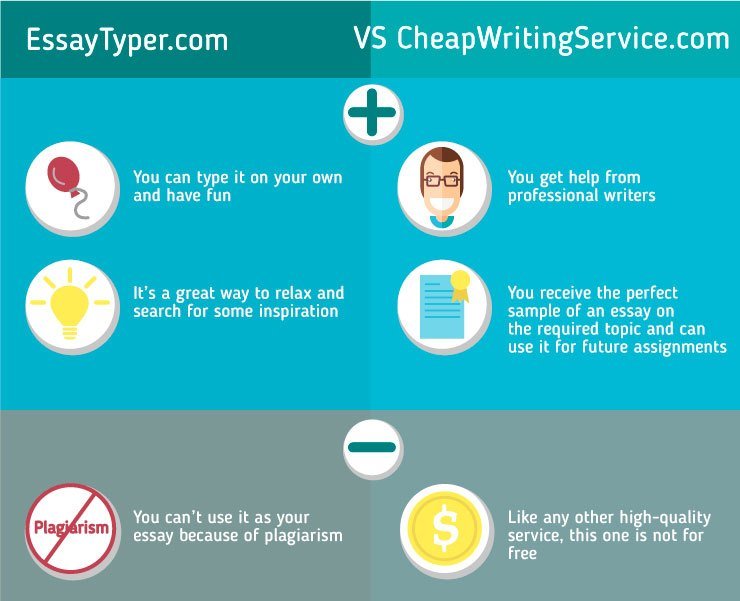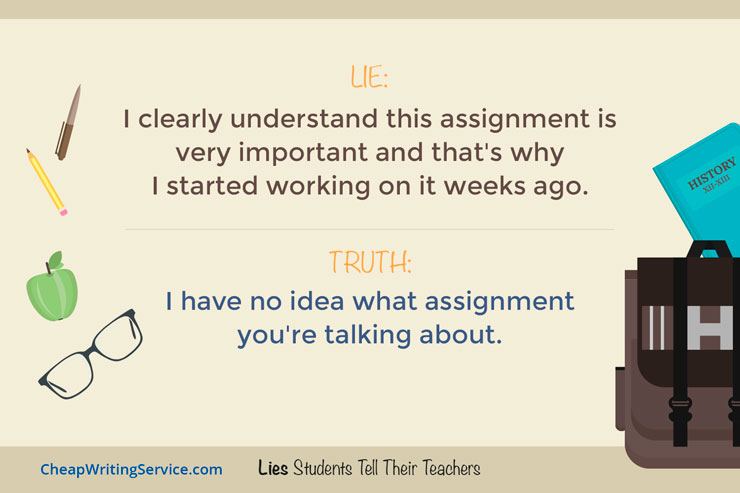Author Archives: Pier Wallace
The Pecularities of Writing a Persuasive Essay – How to Write a Persuasive Essay
To persuade someone—to genuinely change their mind or inspire them to action—is perhaps the most powerful skill one can possess. It’s the engine of progress, the foundation of leadership, and the very heart of civic life. It is also, I have found, one of the most misunderstood pursuits in academic writing.
Many students believe a persuasive essay is about winning a fight, about bludgeoning the reader with facts until they submit. But this is a profound misconception. True persuasion is not a battle; it is an act of invitation. It is the art of guiding a reader, step by logical and emotional step, to a new perspective. It requires not a louder voice, but a more thoughtful and well-constructed case.
Let’s explore how you can build that case with integrity and grace.
Argument vs. Persuasion: A Crucial Distinction
First, let’s clear up a common point of confusion. You will often hear the terms “argumentative” and “persuasive” used interchangeably. While they are close cousins, they are not identical twins. Think of it this way:
- An argumentative essay makes its case primarily through logic and evidence (logos). Its goal is to convince the reader of a truth based on factual, rational support.
- A persuasive essay, while still built on a bedrock of strong argument, also strategically appeals to the reader’s emotions (pathos) and sense of ethics or character (ethos).
A good persuasive essay, then, doesn’t just prove a point; it makes the reader care about that point. It appeals to the head and the heart.
Laying the Groundwork: Before You Write a Word
The most persuasive essays are won long before the first paragraph is written. The groundwork is everything. Before you begin, take a moment to consider these two things:
- Your Position: What, precisely, are you advocating for? Your “ask” must be crystal clear. Are you trying to convince your reader to adopt a new viewpoint, to change their behavior, or to support a specific course of action? You cannot guide someone to a destination you haven’t clearly identified for yourself.
- Your Audience: This is the step most writers forget. Who are you trying to persuade? Imagine a skeptical but reasonable person. What do they currently believe about your topic? What are their potential objections or concerns? A masterful persuasive essay anticipates these counterarguments and addresses them respectfully within the body of the work. This shows you are a confident and fair-minded thinker.
The Architecture of Your Case

While you should never feel chained to a rigid formula, a classical structure provides a powerful and time-tested framework for building your case.
- The Introduction: This is your opening statement. It must do two things. First, it must engage your reader and establish the importance of the topic. Second, it must present your thesis statement—a clear, forceful declaration of the position you intend to champion.
- The Body Paragraphs: Think of these as the key pieces of evidence in your case. Each paragraph should present a single, distinct reason in support of your thesis. Begin with a clear topic sentence, and then support it with your evidence—this could be a statistic, an expert quotation, a historical example, or a logical deduction. This is also where you can subtly weave in appeals to emotion, perhaps through a brief, illustrative story that humanizes your point.
- The Conclusion: Your Closing Argument
I have seen countless students, weary from the work of writing, simply trail off at the end. This is a missed opportunity of the highest order. The conclusion is not a mere summary; it is your final, most powerful appeal to the reader. It’s where you tie all your points together with force and clarity.
A great conclusion should:
- Restate your thesis in a new, more compelling way.
- Briefly synthesize your main points, reminding the reader of the strength of your case.
- End with a memorable, impactful final thought—perhaps a call to action, a warning, or a hopeful vision for the future.
Consider this example, concluding an essay on the importance of local environmental efforts:
“Therefore, the responsibility for our planet’s health does not belong solely to governments and global summits. As we have seen, the most meaningful changes—from restoring local waterways to reducing urban waste—begin with the committed actions of individuals. By embracing practices like community recycling and supporting local conservation, we do more than clean our own backyards; we cast a vote for a sustainable future and reaffirm our power to preserve the Earth not as a distant concept, but as the home we cherish.”
This paragraph doesn’t introduce new information. It synthesizes, it elevates, and it calls the reader to see themselves as part of the solution. That, my friends, is the very essence of persuasion.
The Ultimate Guide on How to Write a Compare and Contrast Essay
Lies Teachers Tell Their Students
Top 5 Books Every Student Will Enjoy Reading
The human race has invented a great way of transferring the knowledge from one generation to another. Writing books is perhaps one of the best ideas our ancestors had. It is much effective than a word of mouth and gives us an opportunity to stay on the shoulders of giants and contribute to their discoveries. That is why reading books still remains to be the main activity among the educated people who strive for knowledge. Being a student, there is still so much to learn. But we don’t have the eternity for reading all the books we have. You need to be picky and choose the ones that can improve your personality in some way. Here is the list of such books.

The Secrets Of Successful Students
Lies Students Tell Their Teachers
Tips of Famous Writers for Improving Your Style (Infographic)
If you’ve ever dreamed of being able to write as good as Ernest Hemingway or Agatha Christie, there’s a way to make your dream come true. We’ve gathered some of the most helpful tips famous authors can give you in this post. You’ll get to know why it’s important to read your material out loud and how to invent your own genre. Find the unique style of writing using the new techniques and exciting secrets of your beloved authors.

Why Higher Education Is Still Important?
In my two decades at the university writing center, I’ve had countless conversations with bright, ambitious students grappling with a very modern question: “Is this all still worth it?” It’s a question born of a dizzying new landscape. You can access the world’s knowledge from a device in your pocket. You hear the celebrated tales of dropout billionaires, figures who have become modern folk heroes, and you can’t help but wonder if the traditional path through higher education has become an expensive, time-consuming detour.
It is a fair question, one that deserves a more thoughtful answer than a simple “yes” or “no.” The stories of figures like Bill Gates and Mark Zuckerberg are powerful, but they represent a seductive logical trap known as survivorship bias. We celebrate the handful of lottery winners who took a spectacular risk, while the millions who took a similar path and never reached such heights remain invisible. Furthermore, we often forget that these men didn’t launch their ventures from a vacuum; they did so while immersed in the intellectually fertile environment of Harvard University, surrounded by brilliant peers and world-class resources.
Their stories are not a blueprint; they are dazzling exceptions. To make a wise decision about your own future, we must look beyond the compelling anecdote and examine the broader landscape—the quiet, steady promise that a university education continues to offer to millions. This is not just about securing a job; it’s about building a life of resilience, opportunity, and deeper understanding.
Beyond the Lecture Hall: The Unseen Curriculum
First, let us set aside the economic arguments for a moment and speak of the fundamental, human value of this endeavor. What happens within the walls of a university—and more importantly, within the mind of a student—is a profound transformation that no series of online courses can replicate.
You are not here merely to download information. You are here to learn how to think. You are here to have your most cherished beliefs challenged in a seminar discussion, to defend your ideas with evidence, to learn how to construct a coherent argument and how to deconstruct a flawed one. You are here to learn from a professor who is not just a content creator, but a mentor who can guide your curiosity and push you to a level of intellectual rigor you didn’t know you could achieve. This process—this constant cycle of inquiry, debate, evidence, and refinement—forges a kind of mental flexibility and critical sharpness that is the true hallmark of an educated mind. It is the unseen curriculum, and its value is immeasurable.
The Tangible Returns: A Portrait in Numbers
Of course, the practical considerations are essential. We live in the material world, and your education must prepare you for it. And here, the global data paints a remarkably clear picture. Far from becoming obsolete, a tertiary degree has become a near-universal marker of economic stability and opportunity.
Consider the global trend toward higher learning. In developed nations around the world, a university education is now the norm for young adults. Data from the Organisation for Economic Co-operation and Development (OECD) shows that in countries like South Korea (67%), Japan (58%), and Canada (58%), well over half of the 25-34 year-old population holds a tertiary degree. This isn’t a coincidence; it’s a response to the demands of a modern, knowledge-based economy.
This educational attainment translates directly into opportunity. While no degree is a guarantee of a job, it is undeniably a powerful advantage. Across the OECD countries, individuals with a tertiary education have a significantly higher rate of employment—often above 80%—than those without. In a competitive and rapidly changing job market, a degree serves as a crucial credential, signaling to employers a proven capacity for dedication, critical thinking, and advanced learning.
And yes, this has a profound impact on earning potential. When you look at the nations with the highest average wages, you will find that a majority of them—countries like the United States, Ireland, Australia, and Canada—are the very same ones with a highly educated populace. The notion that education doesn’t pay is a dangerous myth. The data confirms, year after year, that a degree is one of the most reliable investments one can make in their own financial future.
A Shared Investment in a Brighter Future
Finally, it’s crucial to understand that higher education is not merely a private good; it is a public one. The data on spending for tertiary education reveals that in most countries, a significant portion of the cost is covered by public funds. This is not charity. It is a strategic investment that societies make in their own future.
Why? Because nations with a highly educated citizenry are more innovative, have more stable economies, and are better equipped to solve complex problems. This is reflected in the results of the Programme for International Student Assessment (PISA), which tests students’ ability to apply knowledge. Many of the same countries that invest heavily in education also see their students achieve the highest PISA scores in science, math, and reading, demonstrating a clear return in human capital. An educated population is the engine of a thriving, modern society.
So, when you consider the value of your education, I urge you to look past the surface-level glamour of the outlier stories. See it for what it truly is: a challenging, transformative process that forges not just a better résumé, but a sharper mind. It is a tangible investment that yields demonstrable returns in employment and income. And it is a shared societal commitment to building a more capable, more thoughtful, and more prosperous world.
The path is not always easy, but its destination is a place of greater opportunity, resilience, and understanding. And that is a journey that remains profoundly worthwhile.
EssayTyper.com VS CheapWritingService.com
There are numerous online services that can make your student life easier. Some of them are just for fun or inspiration; others can really help you with the most difficult assignments. This infographic will show you the benefits of both such services and you’ll know which one to use when you can’t get any further with your paper.





